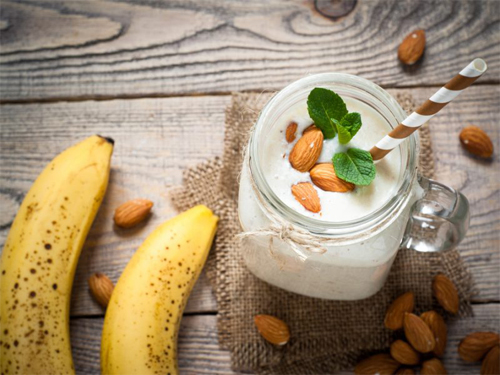Do you have enough tryptophan in your diet?
Also known as L-tryptophan, tryptophan is an amino acid used in the biosynthesis of proteins. In infants, it is important for normal and healthy growth. In adults, it maintains nitrogen balance.

Tryptophan is also needed to make niacin, which is important for producing the neurotransmitter serotonin. Serotonin promotes healthier and better-quality sleep, relieves depression and anxiety, improves emotional well-being and manages pain tolerance.
Tryptophan also plays a role in cognitive function, being a precursor to serotonin. Low serotonin levels are associated with impaired memory. A study published in the journal Current Opinion in Clinical Nutrition & Metabolic Care also found a link between tryptophan and cognitive function. Another study published in 2017 suggested that tryptophan could potentially be used for the treatment of Alzheimer’s disease.
This essential amino acid is needed by the body and can be obtained from tryptophan-rich foods, such as:
Bananas – Bananas contain tryptophan, among other nutrients. Eating bananas every day can improve your mood and regulate the release of serotonin.
Eggs – Eggs, especially egg whites, are loaded in tryptophan and tyrosine. These two amino acids greatly contribute to the antioxidant properties of eggs.
Dairy products – Organic dairy products like cheese, milk, and yogurt provide good amounts of tryptophan, but not as much as eggs.
Soy products – If you are a vegan, you can get tryptophan from soy products, such as tofu and soybeans.
Nuts and seeds – Eating nuts like almonds, cashews and pistachios, as well as edible seeds like chia, pumpkin seeds, flaxseeds, sesame seeds and sunflower seeds can provide high amounts of tryptophan, which can increase your serotonin level.
Legumes – Black beans, kidney beans, lentils, and peanuts are some of the legumes that contain high amounts of tryptophan. For better health, aim to eat at least 1/4 cup of legumes in your everyday diet.
yogaesoteric
July 5, 2020
